The Outlaws premieres Friday, April 1, on Prime Video.
TV Fanatic spoke with creators Stephen Merchant and Elgin James about the highly anticipated series.
Check out the interview below.
How did you both wind up working together on The Outlaws?
Stephen Merchant: Well, I had this very vague idea of people doing community service, based on the fact that my parents used to be involved with that world. When I was growing up, it seemed like an interesting environment for drama or comedy.
You could have a group of strangers, and throw them together. That’s always good for drama, conflict, and humor. That’s all I had, really. I was introduced to Elgin, and we met up, and hit it off. We felt like there was some sort of meat on the bone and developed it together.
Elgin James: Yeah, I was such a big fan of Stephen, like millions of people. His show, Hello Ladies, is the most honest portrayal of the city that I’ve ever seen done.
It’s like the fun of it, but also the sort of like heartbreak this melancholy that’s draped over this town. So, anything he had come to me with, I would have been all in on if he would allow me to.
This was just perfect because you have these sort of archetype characters, and then you crack them open to see what’s inside, and all of our insides are a lot more similar than we’d think.
I love how the show tells serious stories in humorous ways. Can you both speak a bit about how important humor is?
Stephen: Well, I think that was the idea was that we wanted to explore some fairly, I want to say complicated ideas, but some fairly truthful ideas about the fact we live in very divided times, or we certainly were when we were developing the show. People were sort of retreating into their bubbles, you know?
And then there is the right-wing person.
“I’m the left-wing person. We shall never meet, and we hate you, and your politics aren’t exactly the same as mine.” So we just thought that doesn’t seem like a healthy way to proceed in life. What happens if we do make these people sort of interact and kind of find common ground?
I think to try and do something that was trying to make that point in a very worthy way is worthwhile.
I think that sort of humor and even the thriller genre is a nice way to wrap up some of those ideas in something hopefully a bit more entertaining and an easier pill to swallow.
Elgin: It’s a great access point, right? It’s a great trojan horse, but in a good way, that’s also natural. Part of our friendship was also in having very similar senses.
So I think we also became really organic. Obviously, Stephen is known for comedy for being so funny, so it was really exciting to try to do all of that at once. Paul, I’m sure if you tell an anecdote about something that happened in the past, it is funny, but it’s obviously probably tragic. There’s probably pain involved in all these things, all wrapped up at once while you’re laughing about it with your friends.
That’s really what we tried to capture.
Stephen, I know you star in many of the projects you have creative input in. What can you tell me about how you created Greg?
Stephen: There are a couple of people in real life who have sort of slightly similar backstories that I had when we were talking about that character. As I was just saying, people who have just made some wrong moves, wrong decisions in life.
Greg’s a lawyer. He doesn’t really want to be a lawyer. I don’t how you end up there, although I know people like this, people who’ve sort of ended up in a world like that, which seems on the surface very successful, and actually that’s not what they wanted to do with their lives.
They drifted into it in some strange way. They had to make choices at a young age, and now they’ve wound up middle-aged and they’re not quite sure how they got there.
These people have just made a couple of choices, and they’re not quite sure how they ended up there and why.
I find that so fascinating. I think of it often. For the grace of God, I could have wound up in that place, and I made a couple of other moves. And now I’m sort of in the glamorous world of show business.
But I could have wound up doing something that made me feel stifled or constrained, and so that’s always interesting to me for some reason. Elgin and I talked about how any of these characters could have ended up with a different life with different choices. You can end up in quite desperate situations just because of a couple of bad choices or rotten rolls of the dice.
Again, that’s another reason why I think it’s wrong for people to sort of judge someone on just what they first see because any one of us could be in that situation if we played our cards differently.
Elgin, I’m a big fan of Mayans M.C., and The Outlaws is tonally very different. What did you enjoy the most about working on a more light-hearted project?
Elgin: Working with Steve was a lot of fun. I’d never collaborated like that with someone and had something seem so effortless. And as I say about Steve, someone who is so worthy of ego, to have them be so ego-less is very rare, especially in an industry that we’re both in, so that was really exciting.
In some ways, it’s more truthful, right?
I was talking the other day, we went through this space in which three or four friends died, and we were in our teens and early twenties. It was obviously very tragic and very sad. That could be the end of that story.
After one of our friend’s wakes, we went to this diner and talked. We were all very sad, and really angry about it. And one of our friends was like, “Does anyone else think that David looks like a blue duck?”
They put this stuff on it, and It didn’t look like David anymore. He looked like a blue duck, and I’d never laughed so hard. I don’t think I’ve ever belly laughed as hard as after that.
There’s just something so truthful about that. So I think wrapped in there is basically what we tried to do with The Outlaws in some ways that I can’t do as much with the Mayans.
It’s just a different tonal thing. So that was really fun to have these moments of stakes are high, drama and thrills, but at the same time, just like belly-laughing humor.
Edit Delete
Paul Dailly is the Associate Editor for TV Fanatic. Follow him on Twitter.
You can view the original article HERE.


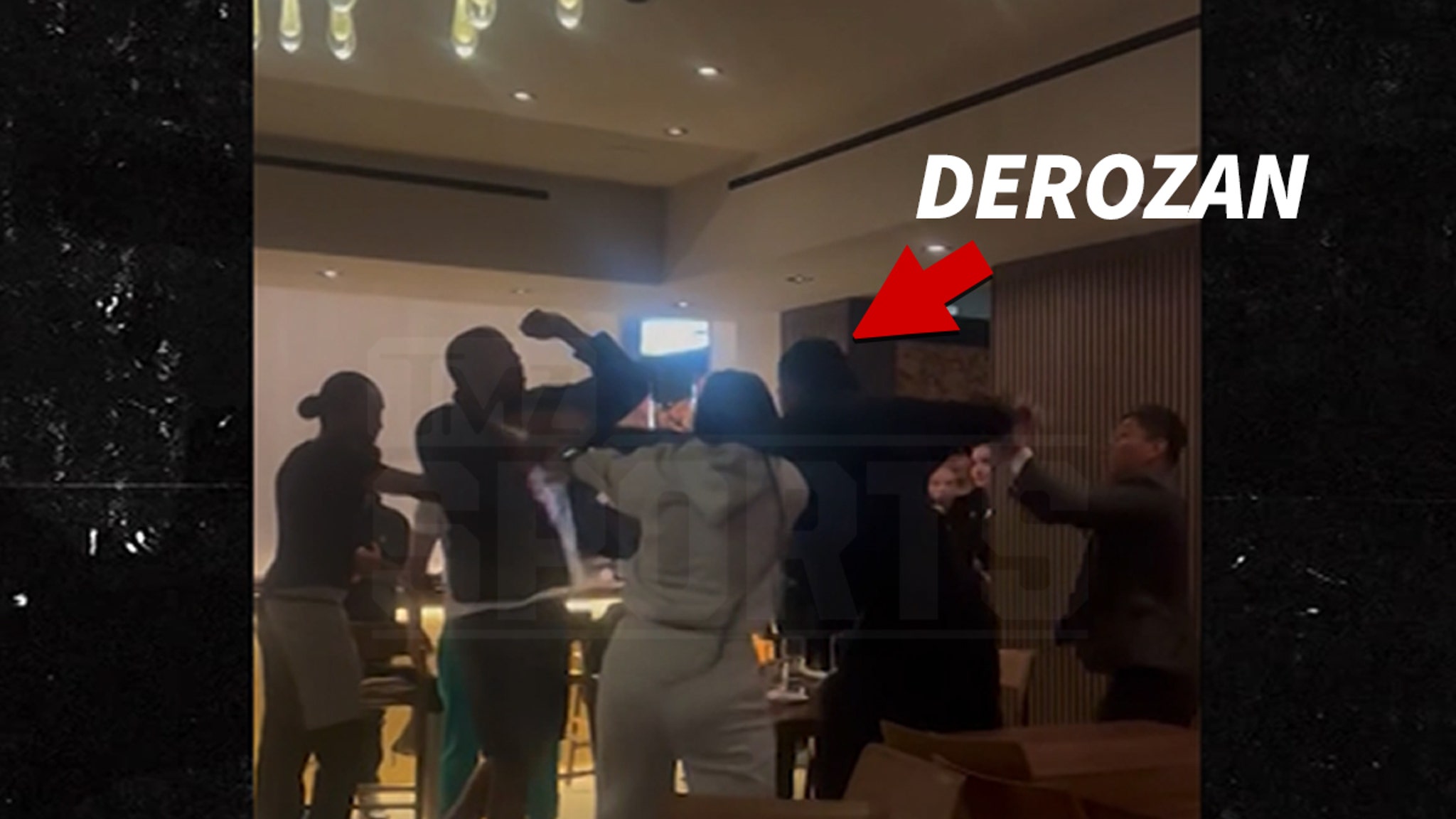
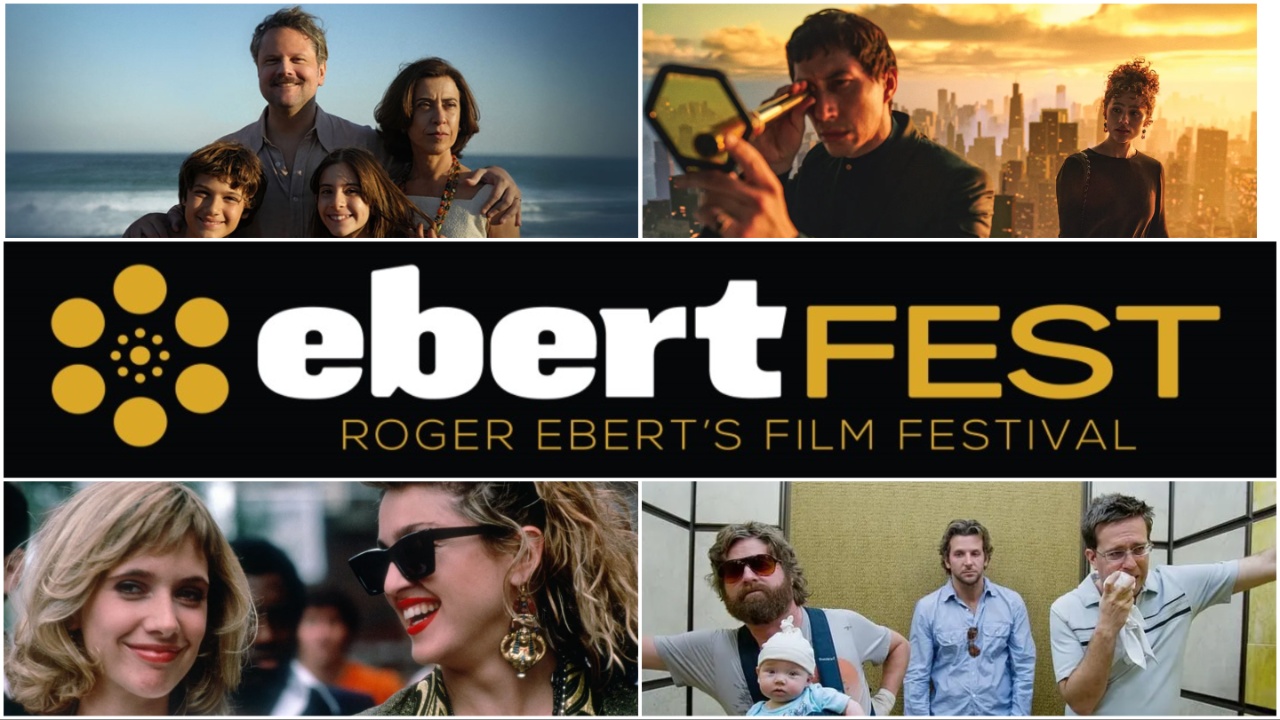



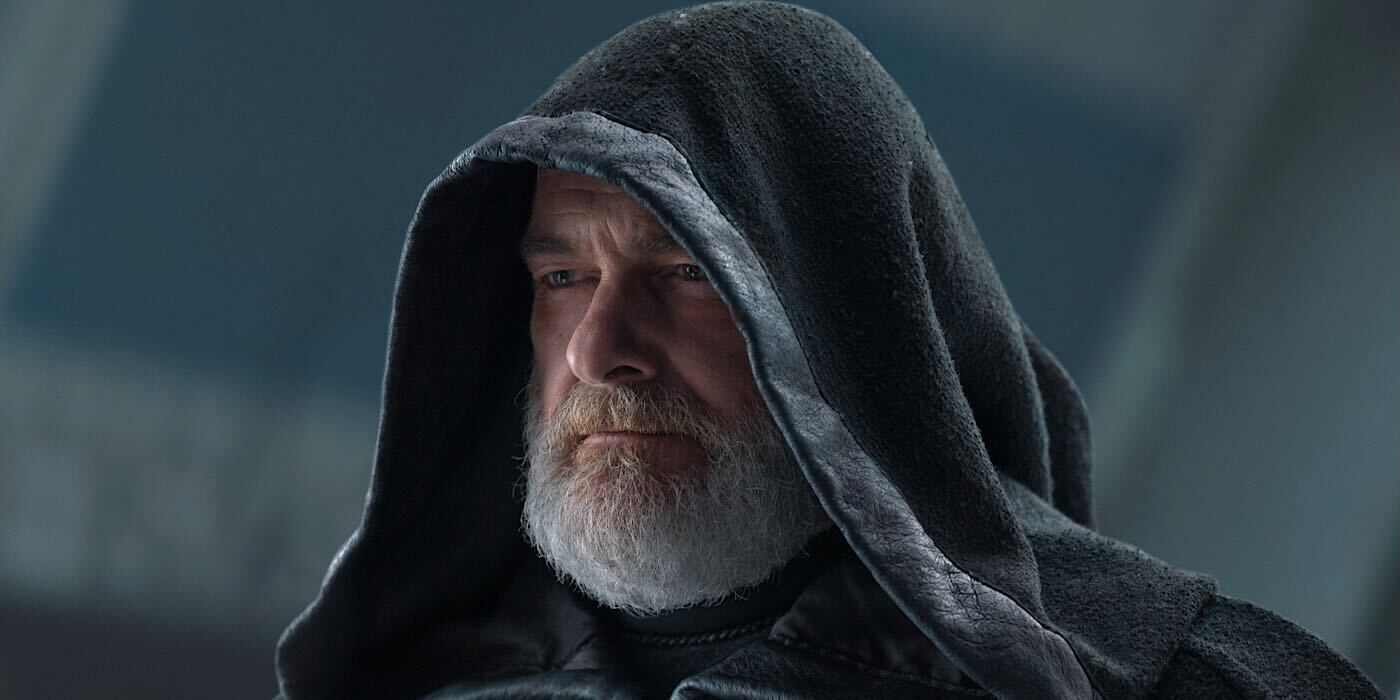
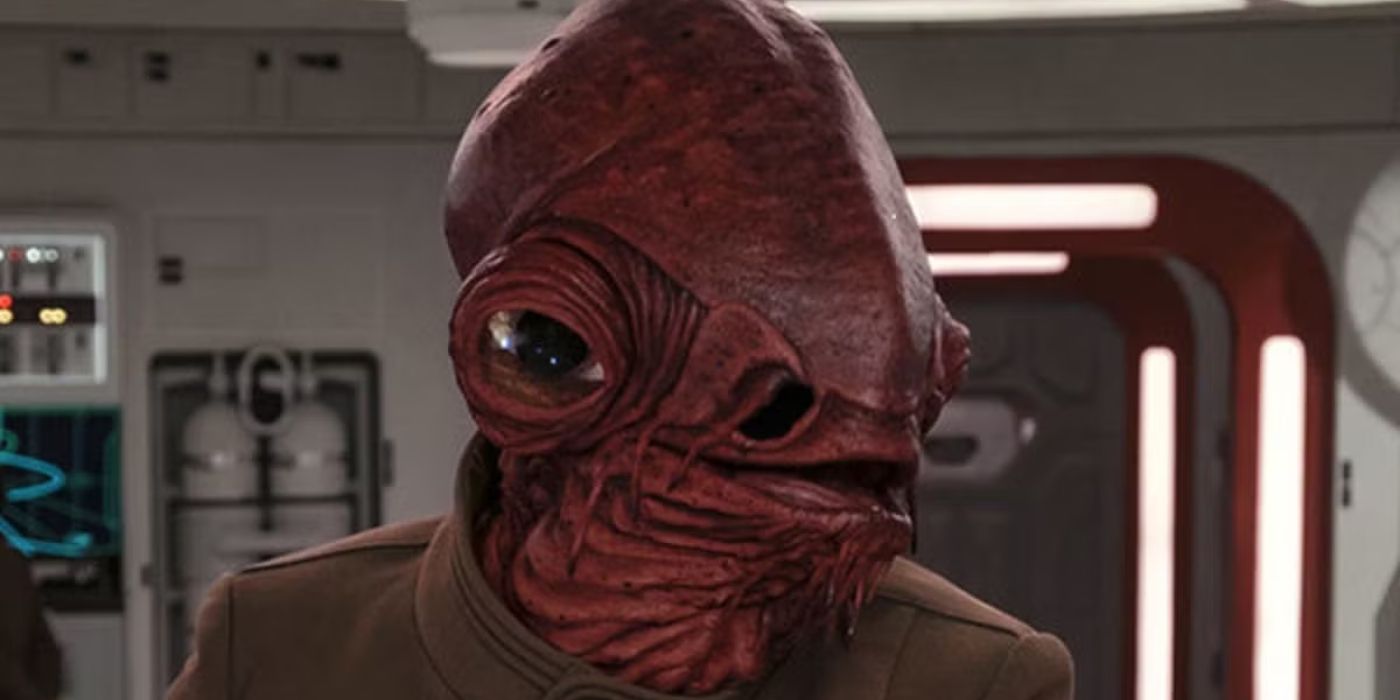

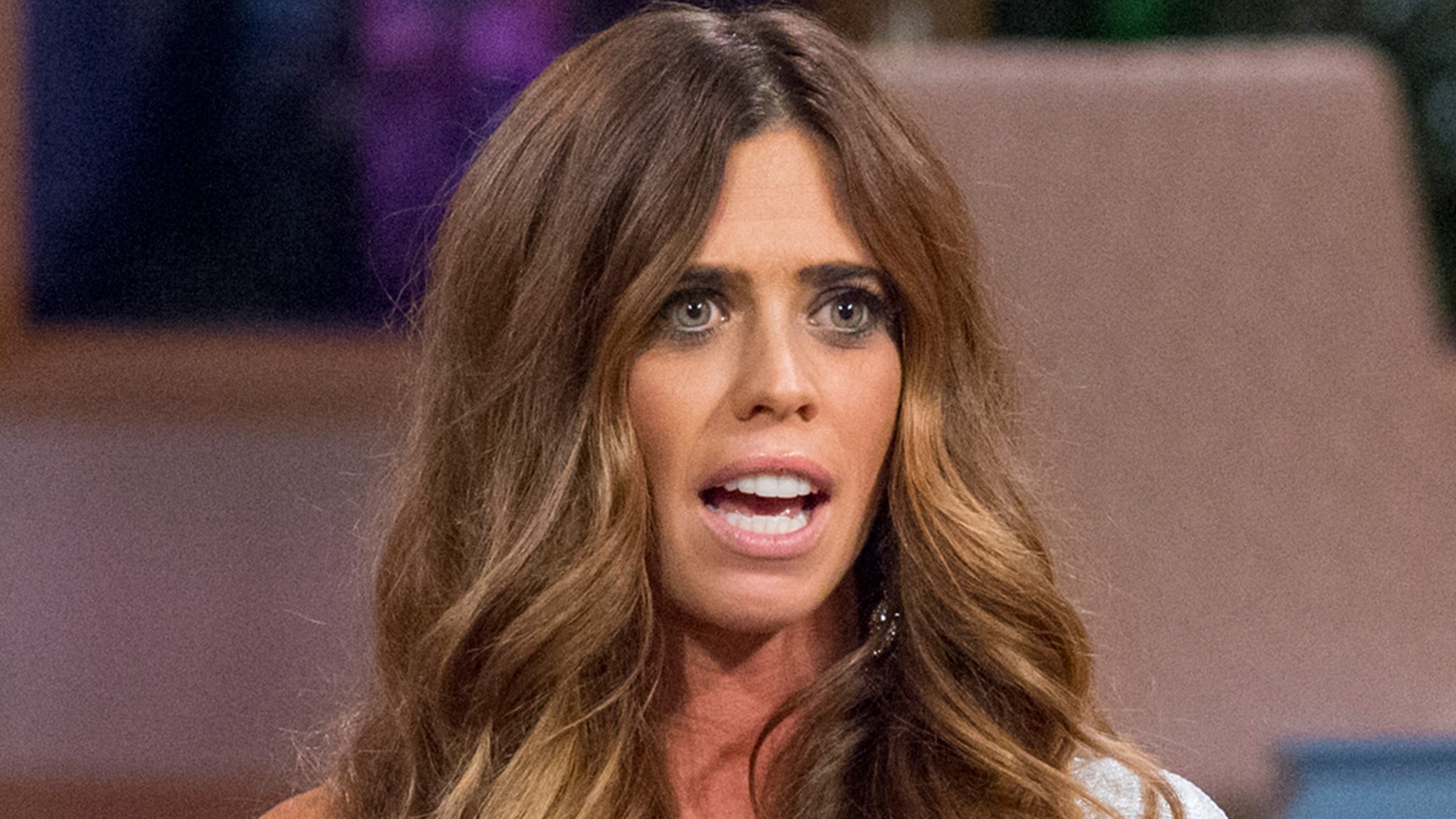

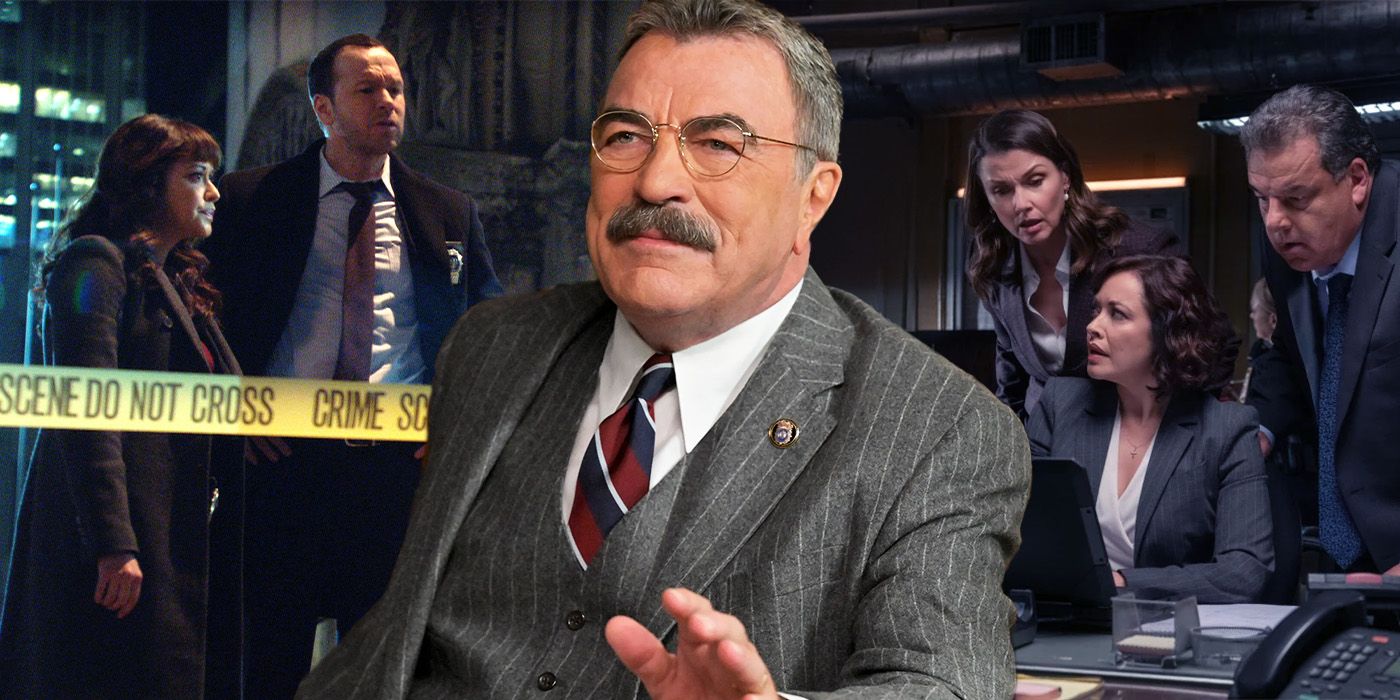
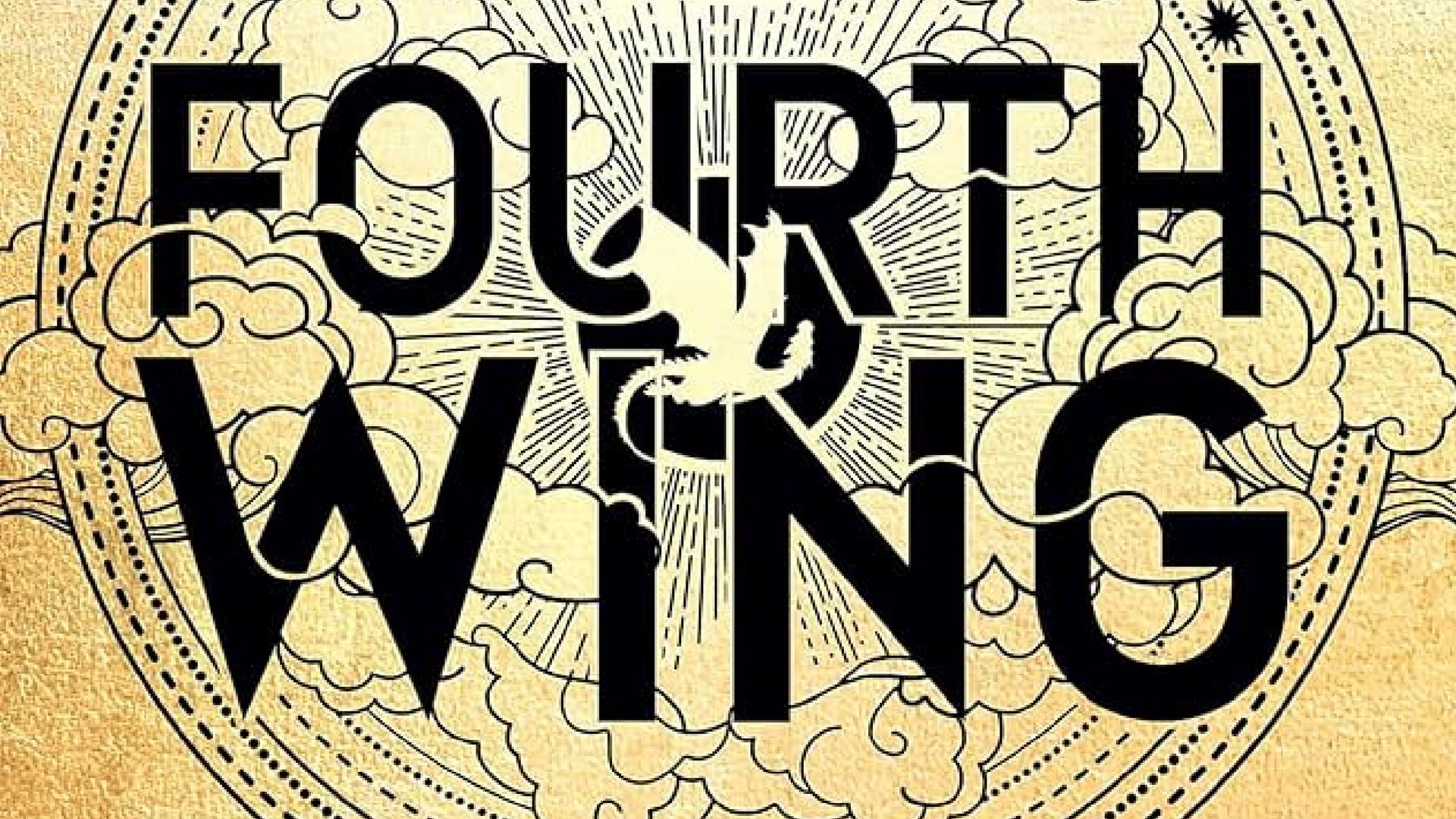
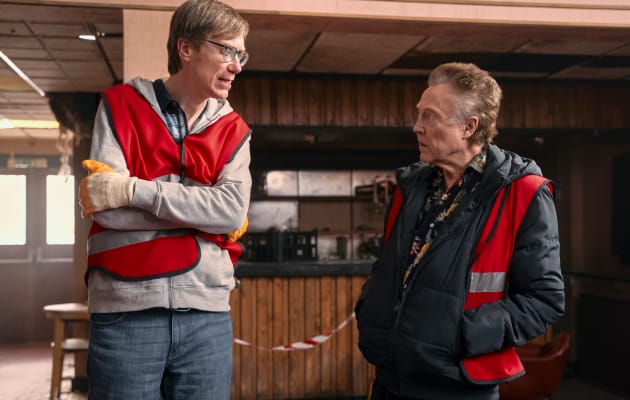
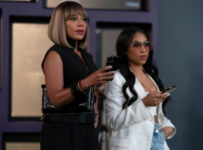
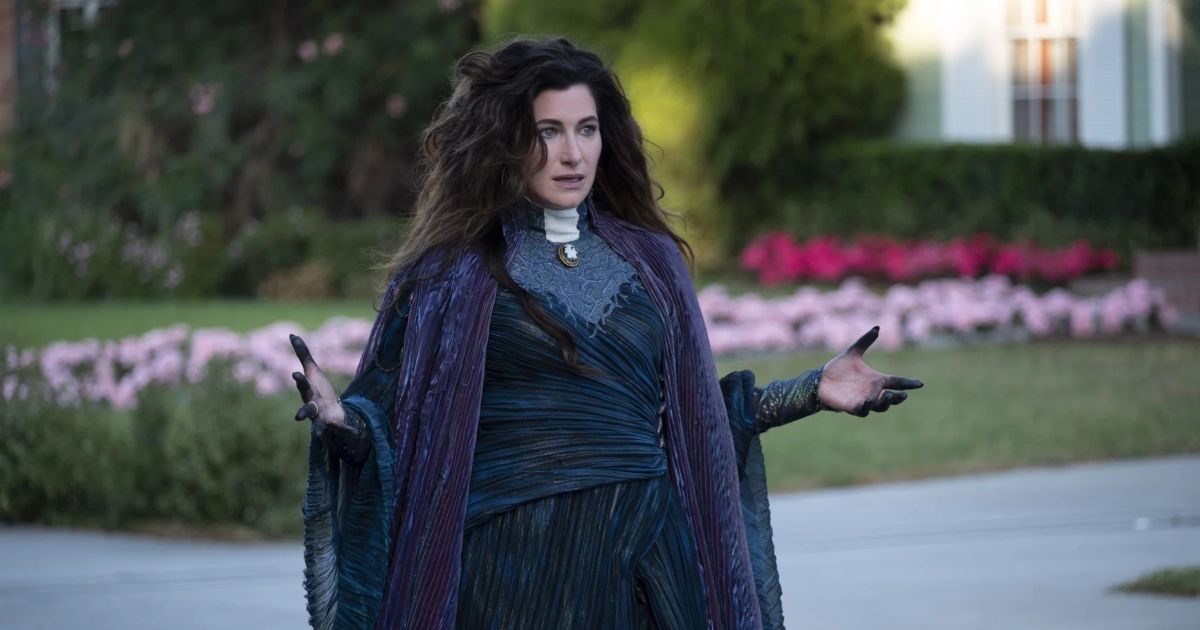
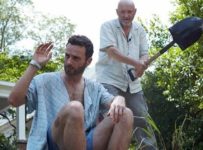
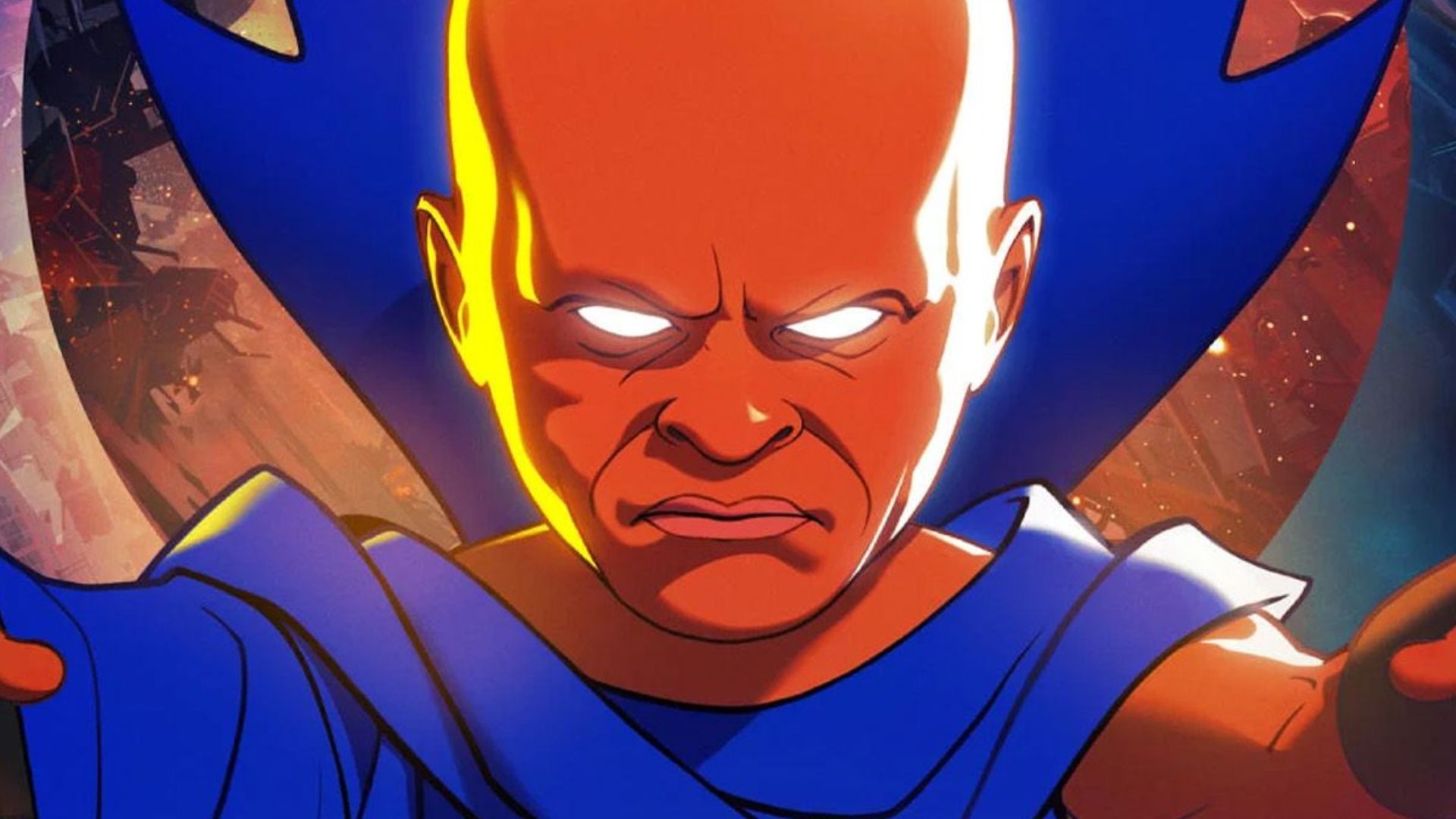


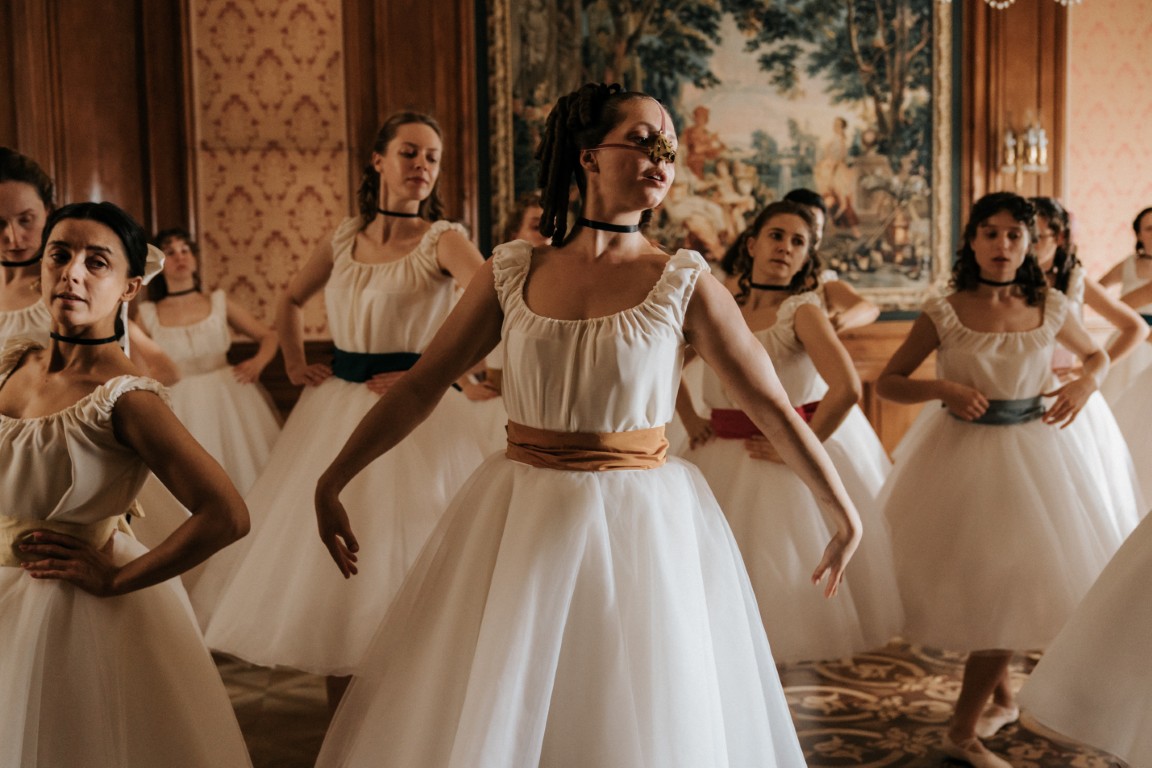



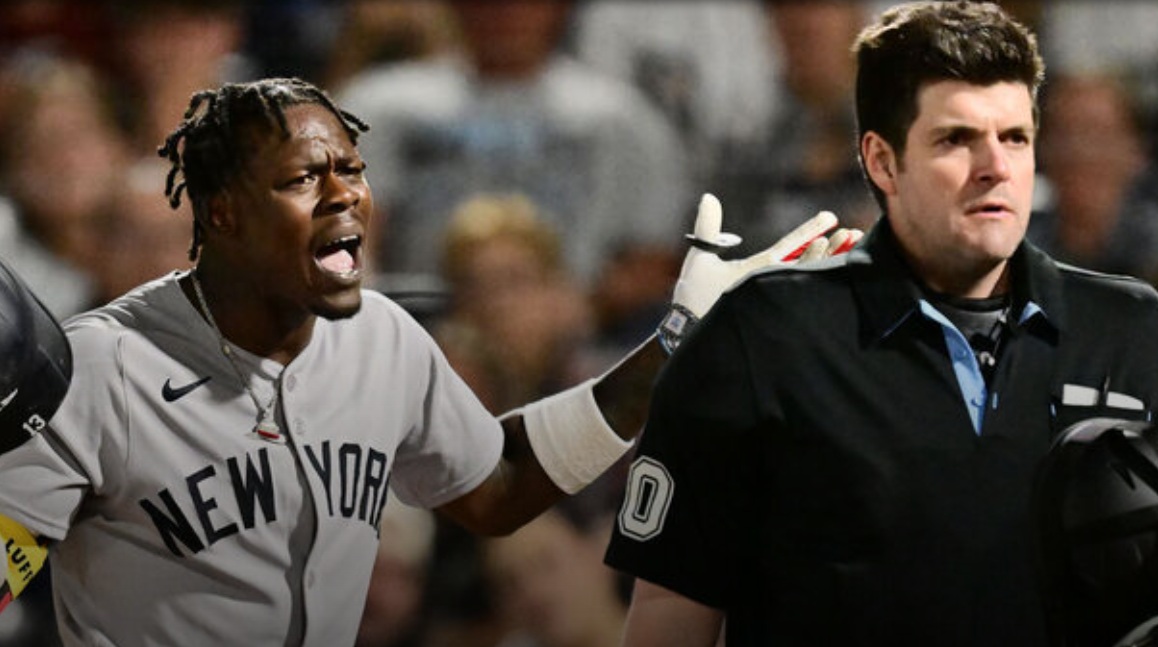
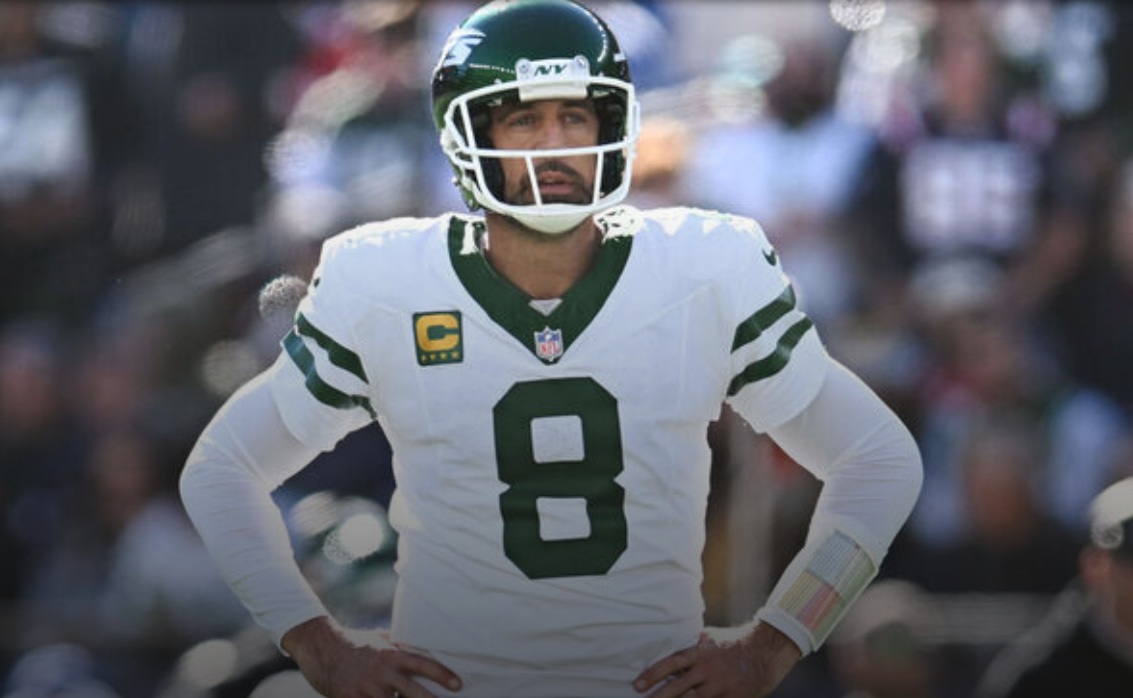

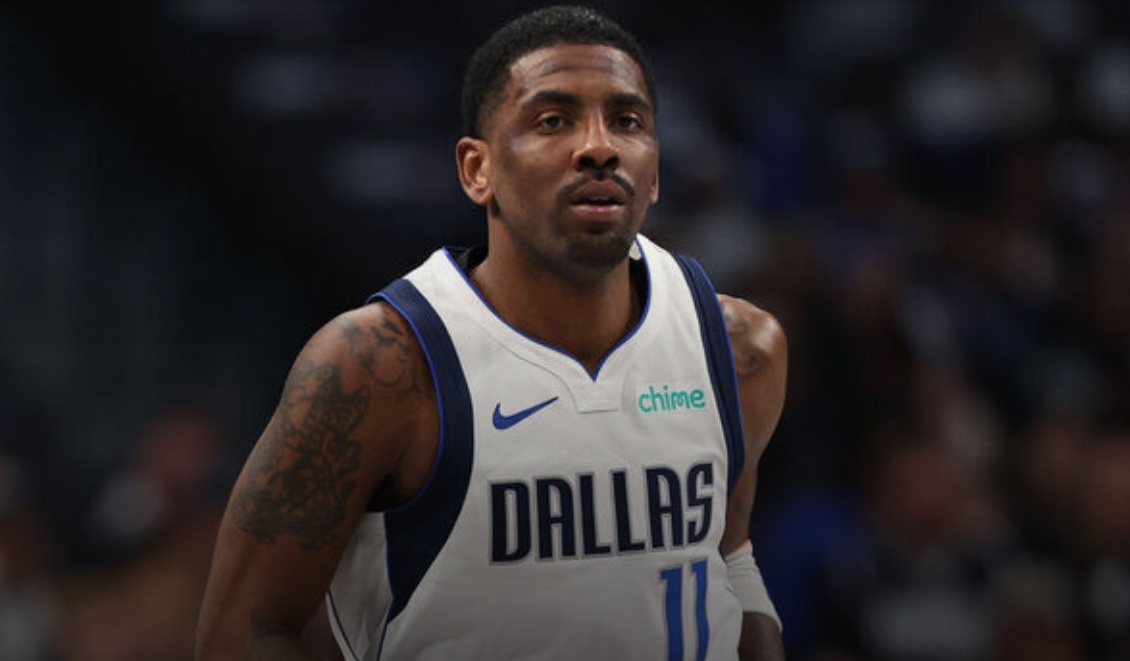
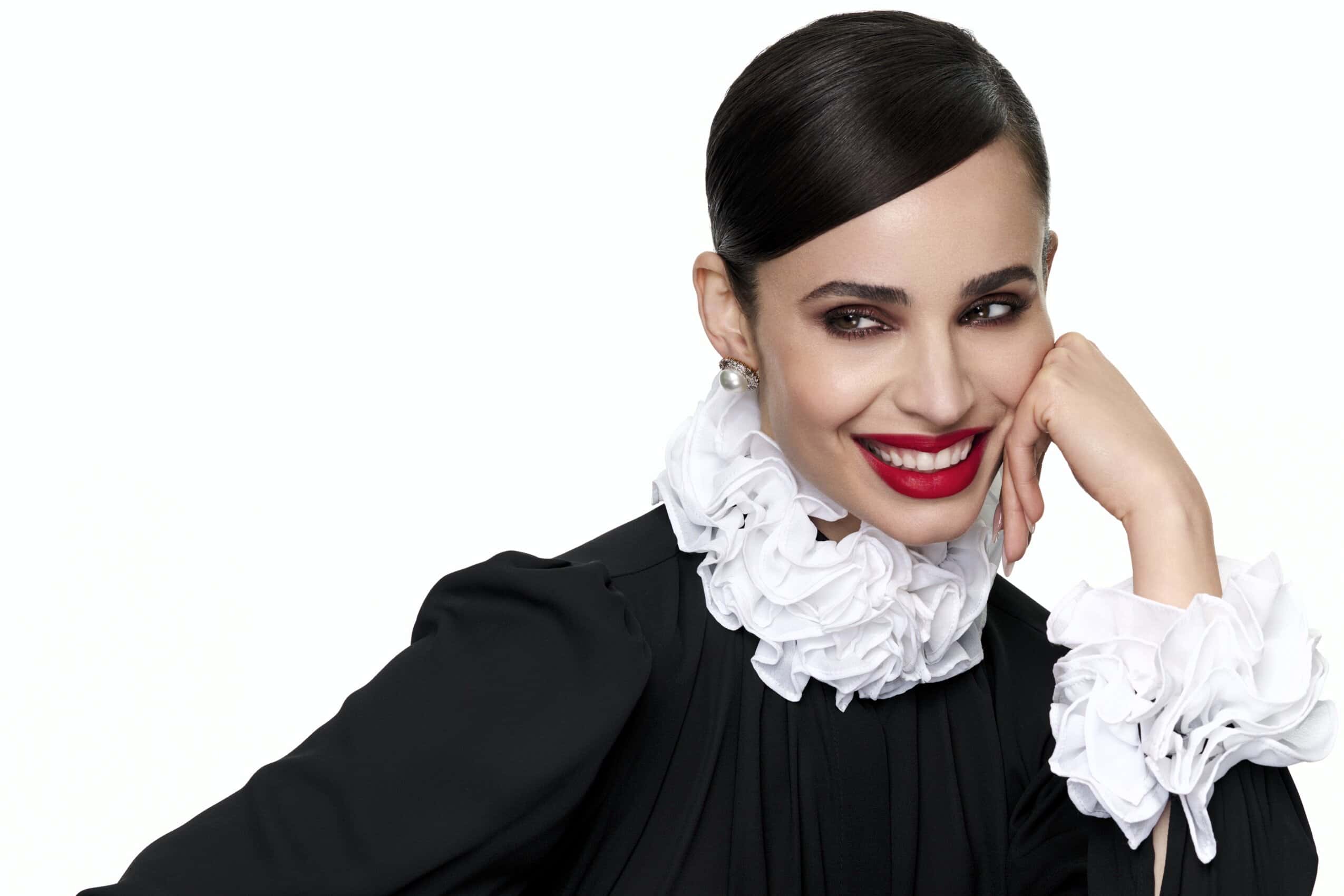
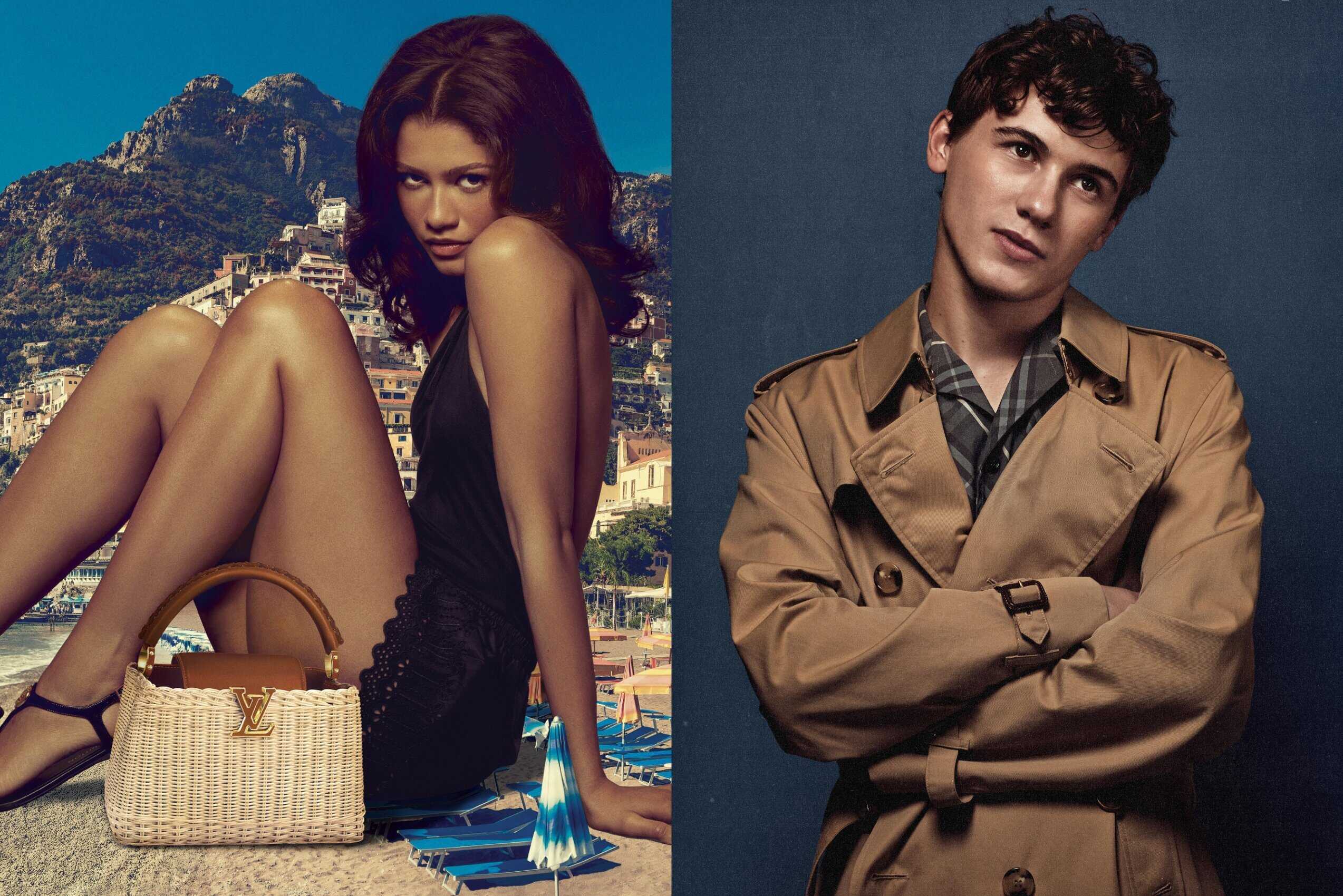
:quality(85):upscale()/2025/04/17/966/n/1922564/69dc205568017c7cad79f2.40744747_.png)
